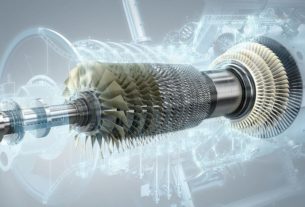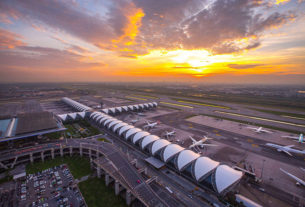Myanmar has signed a concession agreement with a consortium of private developers, including Italian-Thai Development (ITD) Public Company, for the Dawei special economic zone (SEZ) almost two years after ITD withdrew from the project citing financial difficulties.
The new consortium includes ITD, Japanese-Thai joint venture Rojana Industrial Park Public Company and LNG Plus International Company, also from Thailand, according to a statement by Damien Dujacquier, a partner at consultant Roland Berger.
Late last year, Japanese Prime Minister Shinzo Abe confirmed he would support the economic zone in Tanintharyi Region which aims to link the Andaman Sea to Bangkok and the Gulf of Thailand. However, there was no mention of Japan’s participation in the August 5 statement.
“The agreement marks a significant milestone in Myanmar’s economic development,” said Mr Dujacquier. “The zone is expected to create hundreds of thousands of jobs in the long term and contribute up to 5 percent of Myanmar’s GDP [gross domestic product] by 2045.”
The ambitious project has been in the works for many years. The governments of Myanmar and Thailand first signed a memorandum of understanding to develop the area in 2008, then in 2010 Myanmar granted a 60-year concession to ITD to develop a deep sea port, industrial estate, and road and rail link to Thailand.
Since then, very little progress has been made, as the parties have continually failed to agree on terms. In 2012, local investor Max Myanmar pulled out of the project and, in 2013, the concession rights were transferred from ITD to a Special Purpose Vehicle, which was 50:50 owned by the two governments, according to the Dawei Development Association (DDA), a coalition of civil society groups.
After years of back and forth, during which Japan also committed to investing in the project, a new partnership agreement for the initial phase was finally signed on August 5.
This initial phase will involve construction of a small port, power plants, a two-lane road to Thailand, an LNG [liquid natural gas] terminal, an initial township, a telecom landline and an industrial estate focusing on labor-intensive industries, said Mr Dujacquier.
He added that in the long term, Dawei SEZ “is expected to become one of the largest special economic zones in the world”. No concession agreement has been signed for the later stages and no details about how the project will be financed have been made public.
The initial phase will focus on labour-intensive industries such as garments and food processing, said Mr Dujacquier. The long term master plan is more ambitious, targeting industries including “automotive, steel, electronics and electric goods, rubber, metals, chemicals, refinery, fertilisers, plastics and pharmaceuticals”, he said, adding that eventually a deep sea port will be built, as well as a highway to Thailand.
Dawei SEZ will be developed in an environmentally and socially sustainable manner, in line with international practices, he said. This will be welcome news to local civil society groups, which have opposed the project for a number of reasons.
According to the DDA, local residents have already suffered a loss of livelihood, as well as land confiscation and resettlement without adequate compensation. The DDA has called for the developers to ensure that resettlement is in line with international standards and to take responsibility for the project’s environmental impact.
Source: http://www.mmtimes.com/index.php/business/15872-government-signs-dawei-agreement-with-itd-again.html


